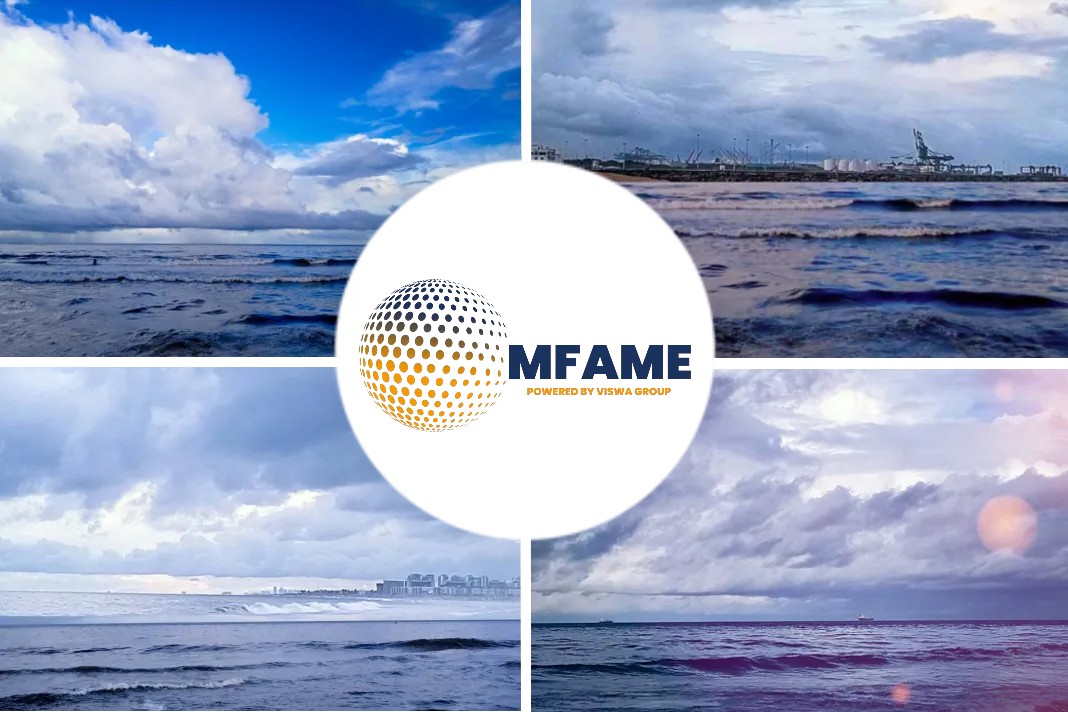Today, shipping turns a new leaf, the global sulphur cap described as the greatest change our industry has faced for the last 100 years, says an article published in Splash 247.
A goodbye to crap
Arthur Bowring in 2010-published book Oil On Water says, “We burn crap on our ships. The end of the refining cycle, the residue; one step up from the asphalt you put on roads.”
Bowring at the time was managing director of the Hong Kong Shipowners Association. A decade on, and we are to wave goodbye to that crap.
It’s remarkable that high sulphur fuel oil – the gunge leftovers from refiners that no one else would touch – has lasted so long.
What drives world trade?
The general public have only belatedly started to figure out what it is that drives world trade. Previously, their only link with shipping and pollution was the inevitable oily cormorant pic or tar-balled beach shot following an accident.
This has changed in recent years to focus on the black clouds emanating from funnels across the world’s seven seas.
IMO 2020 fuel switchover cost
While shipping worries about how to pay for the new fuel, the public at large remain none too fussed – analysis from Sea-Intelligence last year suggested consumers might pay just 39 cents more for a television and 78 cents extra for a mattress thanks to the costs associated with the IMO 2020 fuel switchover.
Agenda for shipowners
More stress on fuel price
The fact is, IMO 2020 will quickly drop from the top of the agenda for shipowners. Yes, they will be stressing about fuel price spreads and dodgy bunker qualities for the next few months, but quickly the list of priorities will need to move on.
More pressing environmental decisions
Further, more pressing environmental decisions will consume top executives from now on.
Rush for dual-fuelled and LNG-fuelled ships
It looks clear that for the first three or four years of the next decade there will be a rush to order dual-fuelled and LNG-fuelled ships – likely tied to long-term charter contracts – as
- these vessels are currently the only genuine ship type that do not risk becoming stranded assets and
- have the necessary global shoreside infrastructure to keep them topped up.
Beyond that, however, the runners and riders to become shipping’s next fuel are still getting into their starting lanes.
Did you subscribe to our daily newsletter?
It’s Free! Click here to Subscribe!
Source: Splash 247

















